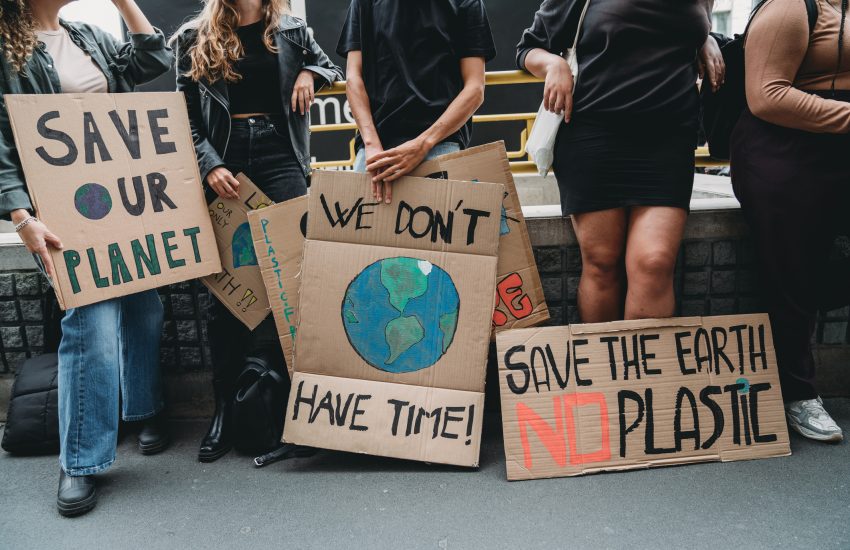Faced with back-to-back years of unprecedented flooding, wildfires, and soaring temperatures, sixteen teens and children from Montana, ages 2-18, are suing their home state in what may precipitate the next wave of climate-change litigation.
With favorable rulings from a state judge and the Montana Supreme Court, the children’s lawsuit is on track to become the first such climate lawsuit to go to trial in the United States. It alleges that Montana, by fostering fossil fuels as its primary energy resource, is contributing to a deteriorating climate and is, in turn, violating the children’s rights to a clean and healthful environmental guaranteed by the state’s constitution.
Because of its reliance on, and promotion of, fossil fuels, the children contend that the State of Montana has damaged, or at the very least, interfered with their health, safety, and happiness.
On the heels of the recent June 30 ruling from the U.S. Supreme Court limiting how the Clean Air Act can be used to reduce greenhouse gas emissions from power plants, attorneys for the children insist that the ruling will not impede their fight. The basis for the young plaintiffs’ action against Montana is two-fold:
(1) They are harmed by the state’s energy policy, which allegedly favors fossil fuels.
(2) They are harmed by a law that prohibits environmental reviews by the state from considering the effects of polices outside of Montana, which they claim fails to properly consider/take into account the effects of climate change.
A similar case — Juliana v. United States — was thrown out in 2020 by the U.S. Court of Appeals for the Ninth Circuit on the grounds that the plaintiffs’ claims wrongfully asserted the state wasn’t doing enough to stop climate change, which the court felt could only be remedied through the executive and legislative branches of government. Here, plaintiffs’ claims in the new Montana action do not assert that Montana isn’t doing enough to stop climate change, but rather, that the state’s own actions are proximately causing climate change.
Counsel for the Montana children insists: “These aren’t cases where governments are failing to act. Governments are acting. They are promoting fossil fuels and permitting pipelines and power plants and extraction.”
These governmental actions, according to the Montana lawsuit, are affecting the environment and the children’s health. Specifically, the children report experiencing aggravated asthma, headaches, as well as throat and eye irritation brought on largely by pollution from unprecedented fire seasons. In addition to the physical issues, plaintiffs claim emotional effects due to the looming threat of a worsening climate.
Bolstering the children’s lawsuit is the specific Montana state constitutional right to a “clean and healthful environment.” In response to the children’s lawsuit, the Montana attorney general sought an emergency motion to dismiss the lawsuit as a “climate crusade” and “scheme,” seeking to nefariously overhaul Montana’s environmental policy. The Montana Supreme Court denied the attorney general’s request. It is expected that the matter will go to trial in the summer 2023.
The Montana children argue they represent a group with the most at stake but with the least power. Unable to participate in two of the three branches of government, the children opted to seek judicial intervention. This year alone, children in Virginia, Utah, and Hawaii filed similar constitutional challenges. However, previous attempts by children to force government action against climate change have been largely unsuccessful, with courts in Washington, Pennsylvania, Oregon, Florida, and most recently Alaska, all dismissing those constitutional challenges. Nonetheless, the plaintiffs’ hope here is that a win in Montana will reverberate globally to spur change.

